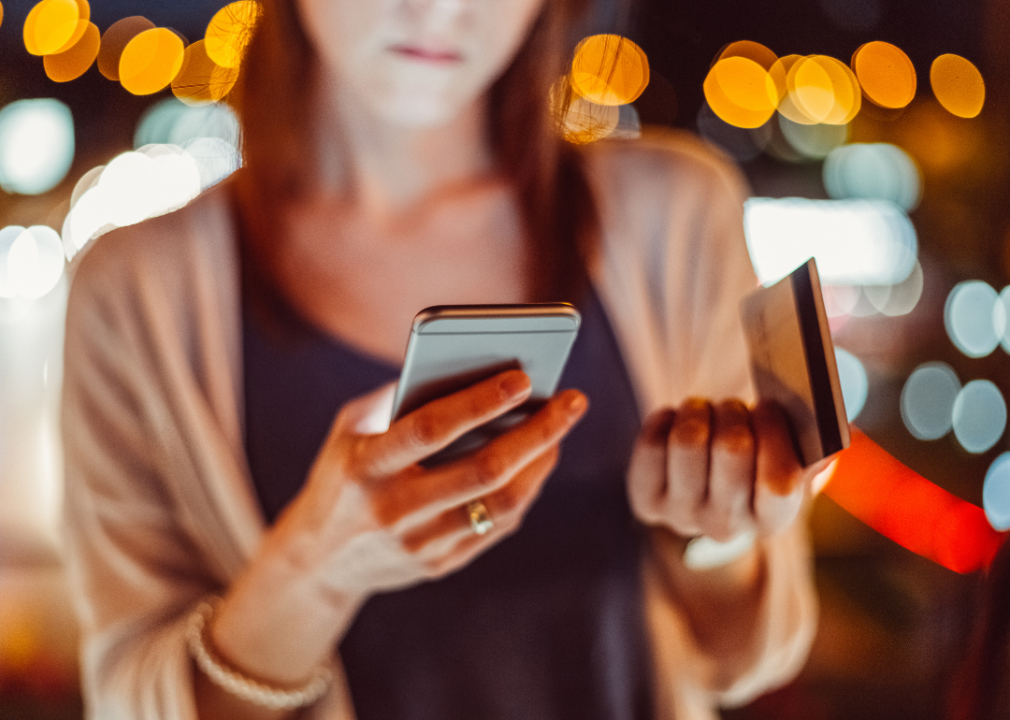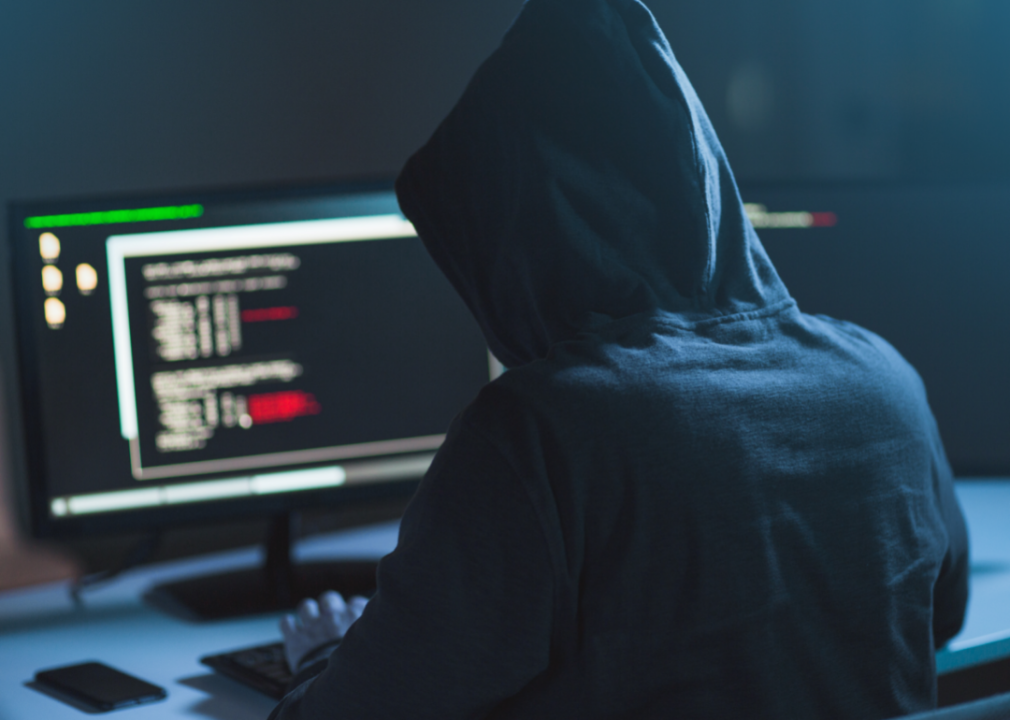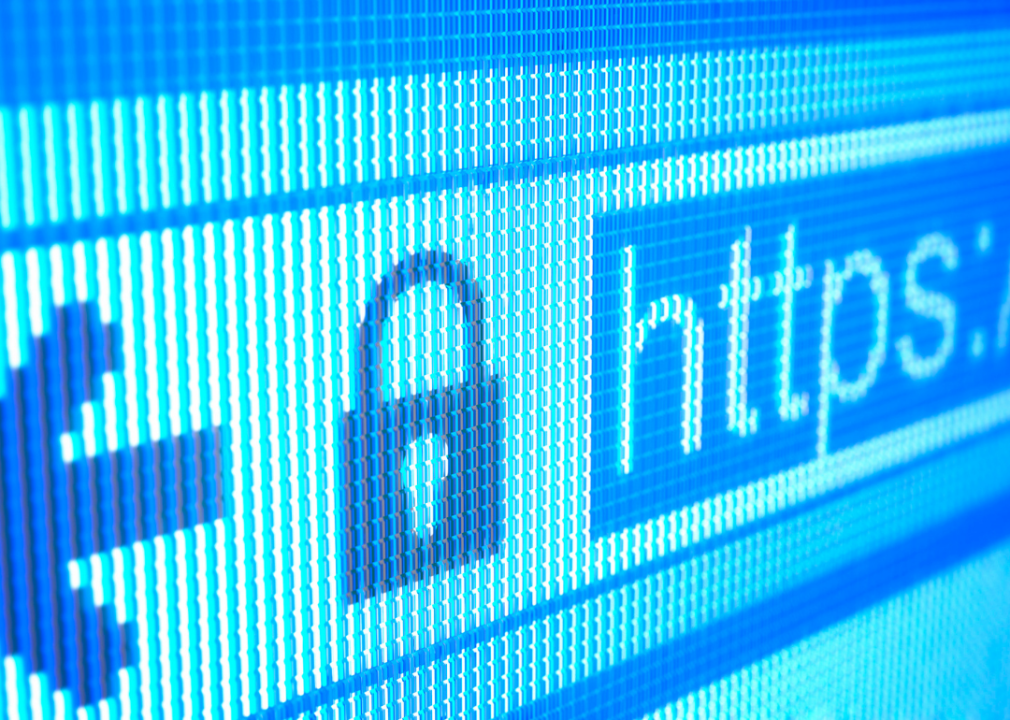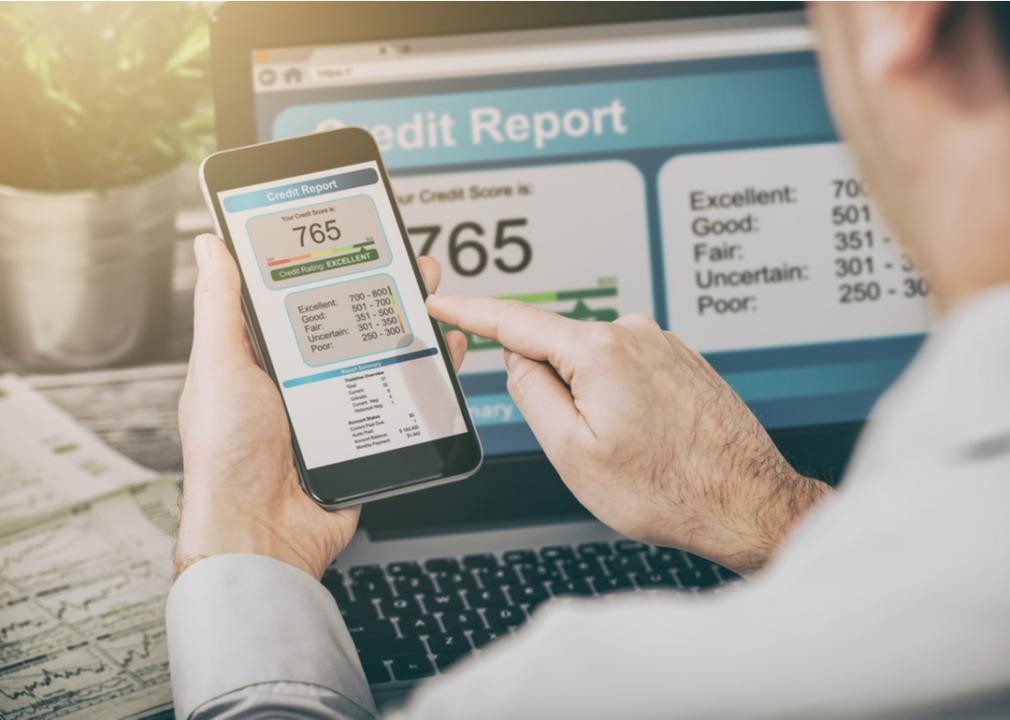Stayed At An MGM Property? Here’s How The Cyberattack Affects You
A cyber attack viscously targeted MGM Resorts International this past week, causing many operational systems to malfunction or to shut down.
According to an article by cybersecurity publication Dark Reading, people were unable to get into their rooms with the electronic keycards, gambling machines were down, and social media showed people in pain-staking lines waiting to check in or out from the hotels. Along with that, every “cash out” on the video machines — think of slots, video blackjack, etc. — had to be hand-paid out by an employee because no cash vouchers were available.
On Sept. 11, MGM resorts issued a statement saying, “MGM Resorts recently identified a cybersecurity issue affecting some of the Company’s systems. Promptly after detecting the issue, we quickly began an investigation with assistance from leading external cybersecurity experts. We also notified law enforcement and took prompt action to protect our systems and data, including shutting down certain system.”
After that, MGM released another statement a few hours after its initial one. This statement said, “Our resorts, including dining, entertainment and gaming are currently operational, and continue to deliver the experiences for which MGM is known.”
However as of Wednesday, the websites for MGM Resorts International and the accompanying properties were still down.
According CyberNews.com, there has been information that ransomware group ALPHV/Blackcat are the ones allegedly responsible for this cyberattack.
A post on X (formerly Twitter) by ransomware and malware collective vxunderground said, “All ALPHV ransomware group did to compromise MGM Resorts was hop on LinkedIn, find an employee, then call the Help Desk. A company valued at $33,900,000,000 was defeated by a 10-minute conversation.”
There hasn’t been official confirmation from MGM whether or not this was a ransomware attack. But, Dark Reading’s article states that the widespread outages and distributions are pointing toward evidence of this being a coordinated ransomware attack. But, there are still other reasons why this could have happened.
What To Do If You Stayed At An MGM Property
If you stayed at any MGM property in the past few months like the New York-New York Hotel & Casino, The Luxor, ARIA Resort & Casino, Bellagio Hotel & Casino, MGM Grand, Park MGM and more then this cybersecurity issue may affect you.
It’s unclear how much or even IF the attacks caused a massive data breach. In a statement issued to Fox 5, MGM said it took prompt actions to “protect our systems and data.”
A video from loved Las Vegas-content creator VegasStarfish said that some guests are reporting strange charges on their credit card.
For those who may have stayed at an MGM property currently or in the past, be sure to pay attention to your credit card transactions.
According to the National Cybersecurity Alliance, it’s important to keep monitoring these financial records. Even platforms like Paypal, Zelle, Venmo, etc. can be compromised.
“Use credit cards whenever possible, because you won’t be liable for fraudulent charges,” The National Cybersecurity Alliance said.
Also if you have rewards and an account connected with BetMGM or MGM Rewards then pay attention to any information, emails and passwords that are connected with those applications.
If sensitive information has been leaked, you will most likely receive some sort of warning or communication (most likely an email) that tells you about a data breach. If you think your information has been compromised then immediately contact your bank. If you notice weird charges on your credit or debit card then it would probably be a wise idea to get completely new cards.
Banks, credit unions, etc. usually have resources like credit monitoring and other security measures that can help safeguard against further identity theft. Be in communication with your bank and let them know about your situation. There are fraud-protection features usually on your banking app that can help how to assess the next steps to secure your information.
Also, it’s not a bad idea to change passwords and enable two-factor authentication for apps or accounts with important information.
Overall, cyberattacks and security breaches happen more often than you would think. Don’t get “breach fatigue” and keep your security in mind when shopping, going on vacation, etc. Don’t panic if something happens. You can take preventative measure. But if it happens, it happens. Take a deep breathe and remember that everything will be OK.












